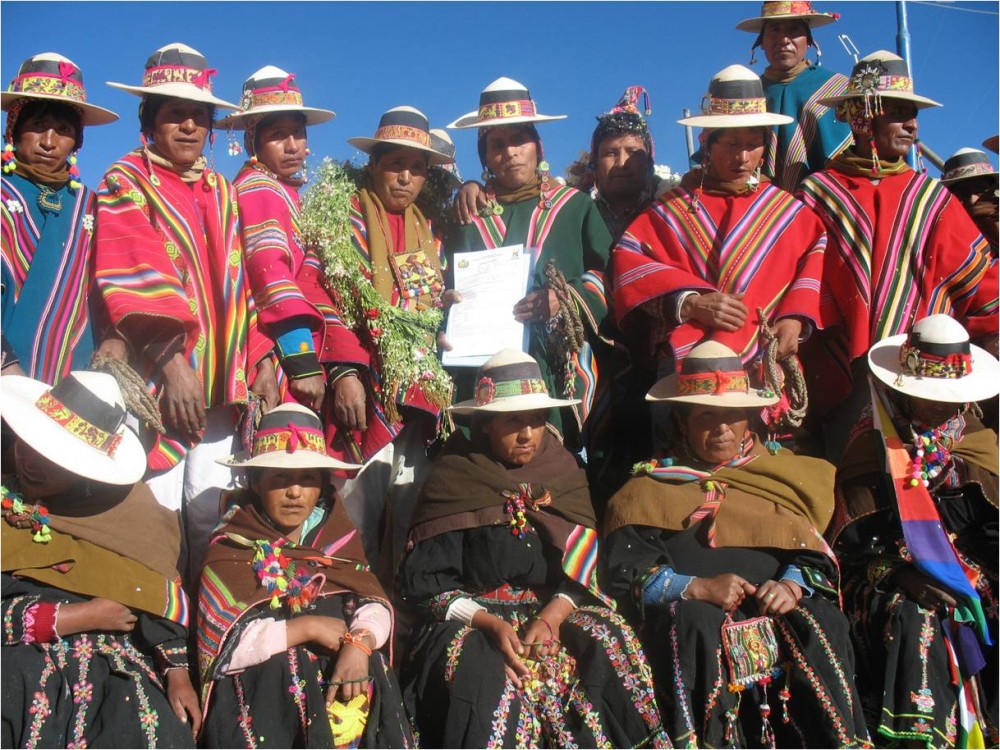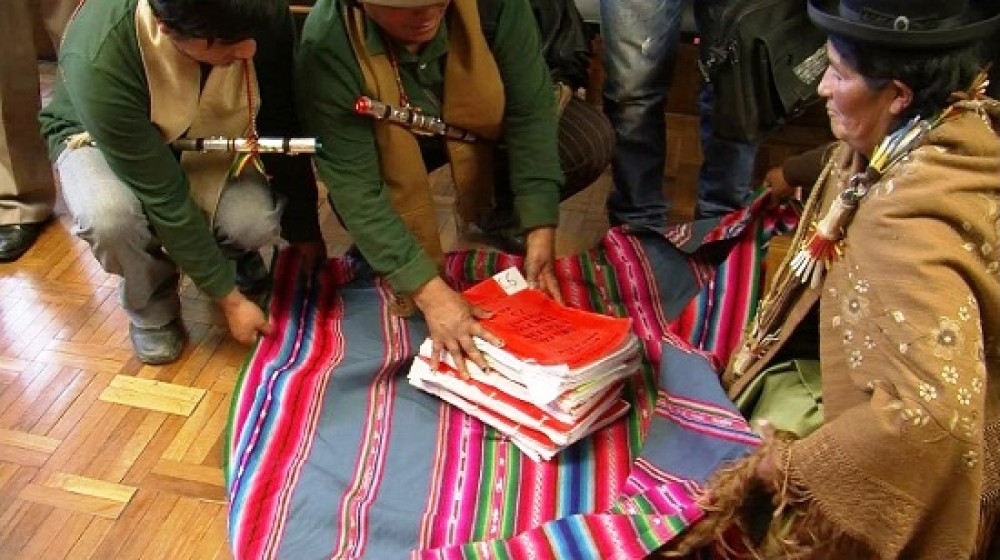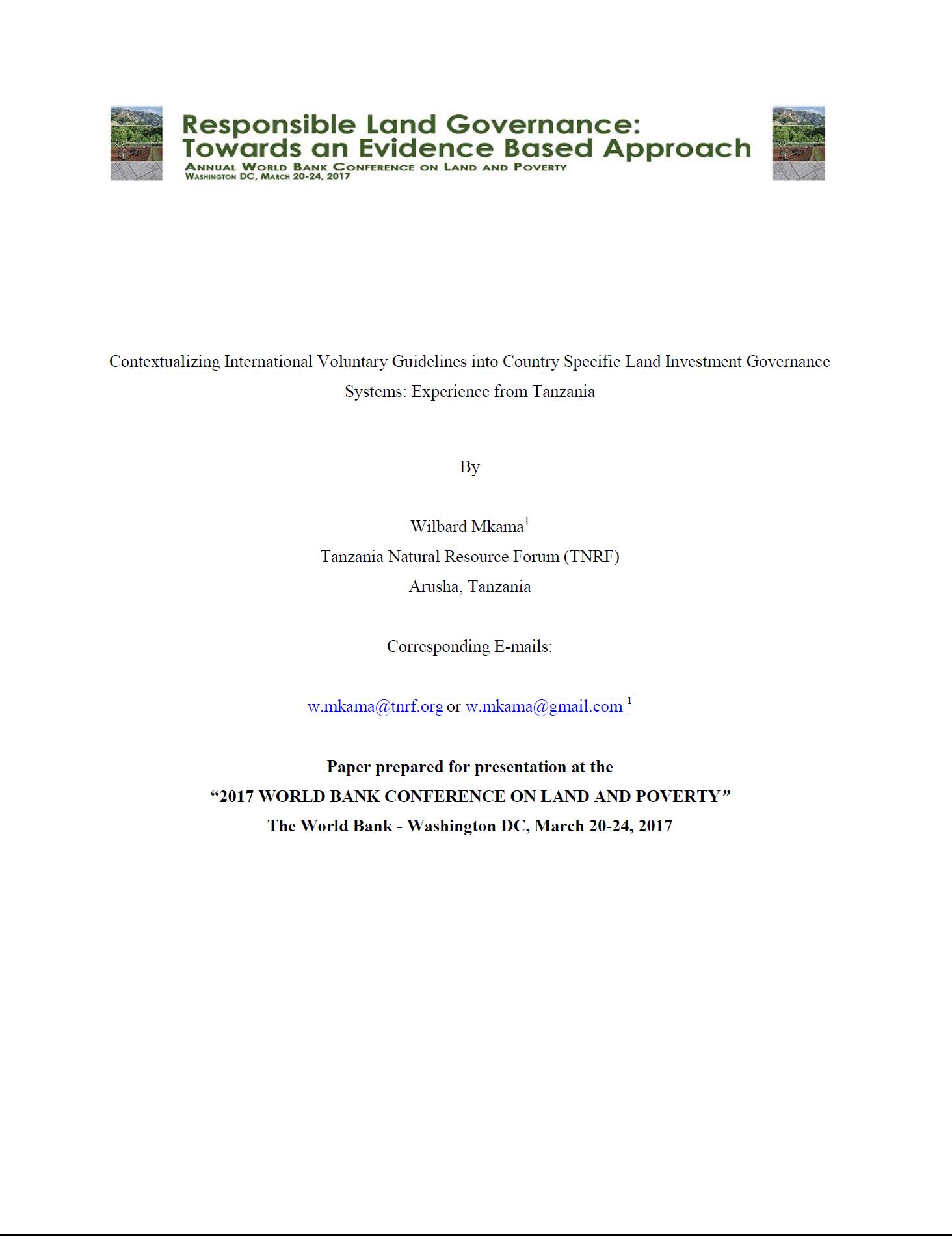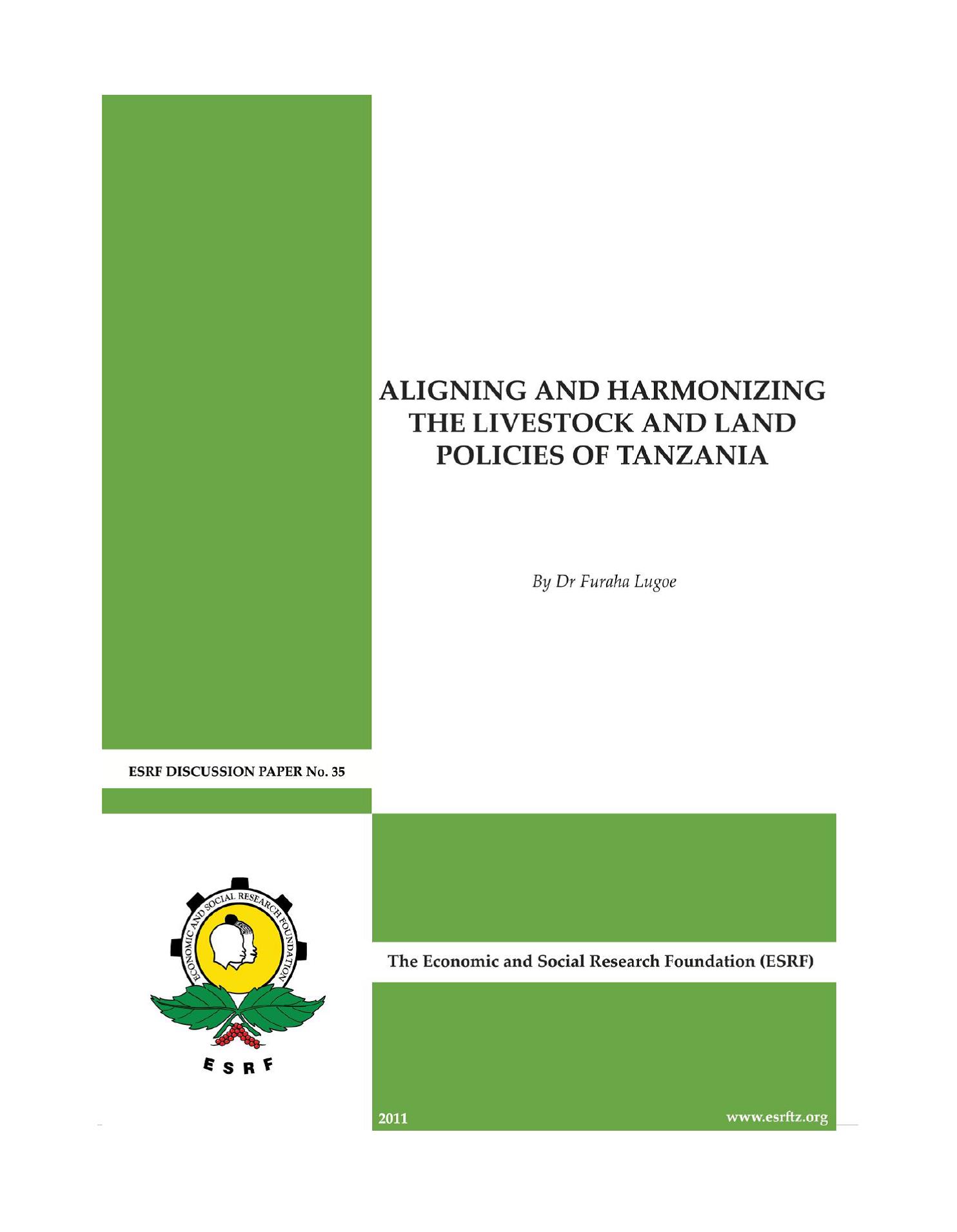Women’s Legal Rights over 50 Years : What Is the Impact of Reform?
This study uses a newly compiled database of women's property rights and legal capacity covering 100 countries over 50 years to test for the impact of legal reforms on employment, health, and education outcomes for women and girls. The database demonstrates gender gaps in the ability to access and own property, sign legal documents in one's own name, and have equality or non-discrimination as a guiding principle of the country's constitution. In the initial period, 75 countries had gender gaps in at least one of these areas and often multiple ones.








